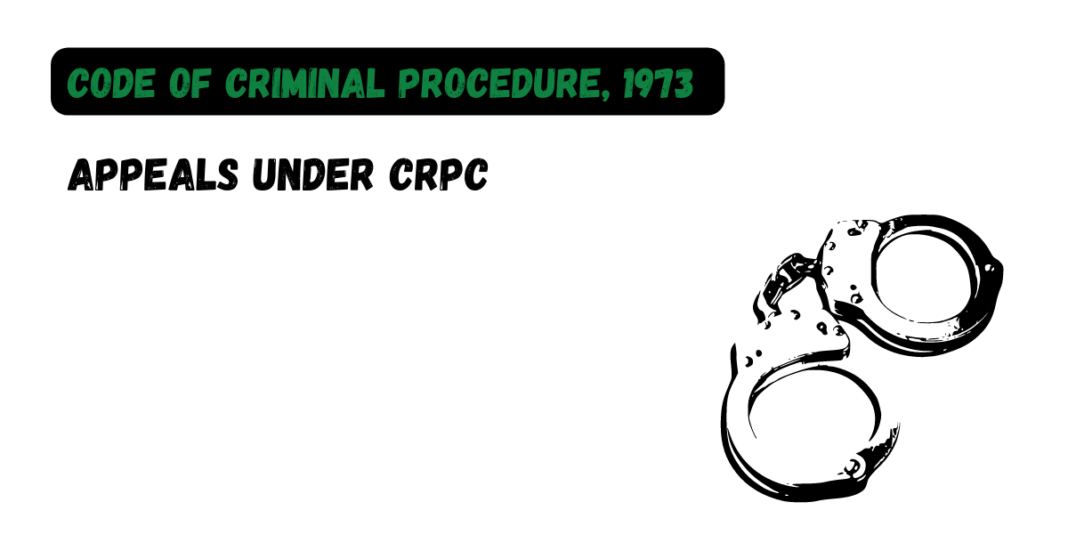Under the Code of Criminal Procedure, 1973 (CrPC), an aggrieved person can file an appeal against the decision of a lower court or a subordinate court.
The CrPC provides for different types of appeals depending on the nature of the case and the court that passed the order.
Types of Appeals under the CrPC
- Appeal to the Court of Session: A person aggrieved by the decision of a Magistrate can file an appeal before the Court of Session. The appeal should be filed within 30 days of the date of the order.
- Appeal to the High Court: A person aggrieved by the decision of the Court of Session can file an appeal before the High Court. The appeal should be filed within 60 days of the date of the order.
- Appeal against acquittal: The state can file an appeal against an order of acquittal passed by a lower court. The appeal can be filed before the High Court within 90 days of the date of the order.
- Appeal against conviction: A person convicted by a lower court can file an appeal before the Court of Session or the High Court, depending on the nature of the case.
- Appeal against sentence: A person aggrieved by the sentence passed by a lower court can file an appeal before the Court of Session or the High Court.
- Revision: A person aggrieved by any order passed by a subordinate court can file a revision before the High Court. The High Court has the power to call for the record of any case and examine it for the purpose of satisfying itself as to the correctness, legality, or propriety of any finding, sentence, or order passed by the subordinate court.
- Special Leave Petition: A person aggrieved by the decision of the High Court can file a Special Leave Petition before the Supreme Court. The Supreme Court has the power to grant special leave to appeal against any order passed by any court or tribunal in the territory of India.





